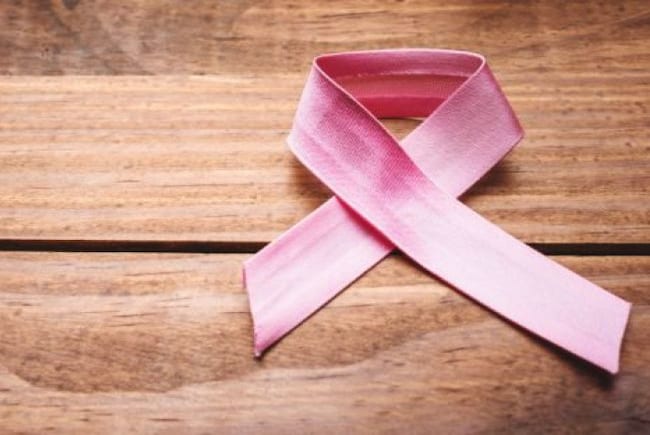
ach person's cancer genome is a complete historical account of the genetic changes that they have acquired throughout life. (Representational Image)
Quick Take
Summary is AI generated, newsroom reviewed.
Scientists have uncovered five new genes associated with breast cancer
This may lead to personalised healthcare for patients
Study shows what genetic variations exist in the cancer, where they occur
Researchers from Wellcome Trust Sanger Institute in the UK led analysis of 560 breast cancer genomes; 556 from women and four from men. The study included breast cancer patients from around the world, including the US, Europe and Asia.
The results unveil more about the causes of breast tumours and provide evidence that breast cancer genomes are highly individual, researchers said.
Each person's cancer genome is a complete historical account of the genetic changes that they have acquired throughout life, they said.
As a person develops from a fertilised egg into adulthood, the DNA in their cells gather genetic changes along the way. This is because human DNA is constantly being damaged by things in the environment or simply from wear and tear in the cell, researchers said.
These mutations form patterns, or mutational signatures, that we can detect and they give us clues about the causes of cancer, they said.
Researchers hunted for mutations that encourage cancers to grow and looked for mutational signatures in each patient's tumour.
They found that women who carry the BRCA1 or BRCA2 gene, and so have increased risk of developing breast and ovarian cancer, had whole cancer genome profiles that were highly distinctive from each other and were also very different to other breast cancers.
The discovery could be used to classify patients more accurately for treatment, researchers said.
"In the future, we would like to be able to profile individual cancer genomes so that we can identify the treatment most likely to be successful for a woman or man diagnosed with breast cancer," said Serena Nik-Zainal from Wellcome Trust Sanger Institute.
"It is a step closer to personalised healthcare for cancer," said Ms Nik-Zainal.
Exactly where mutations occur in breast cancer genomes is important too, researchers said.
"All cancers are due to mutations that occur in all of us in the DNA of our cells during the course of our lifetimes," said Mike Stratton from Wellcome Trust Sanger Institute.
"Finding these mutations is crucial to understanding the causes of cancer and to developing improved therapies," said Mr Stratton.
The findings were published in the journal Nature.
Track Latest News Live on NDTV.com and get news updates from India and around the world

